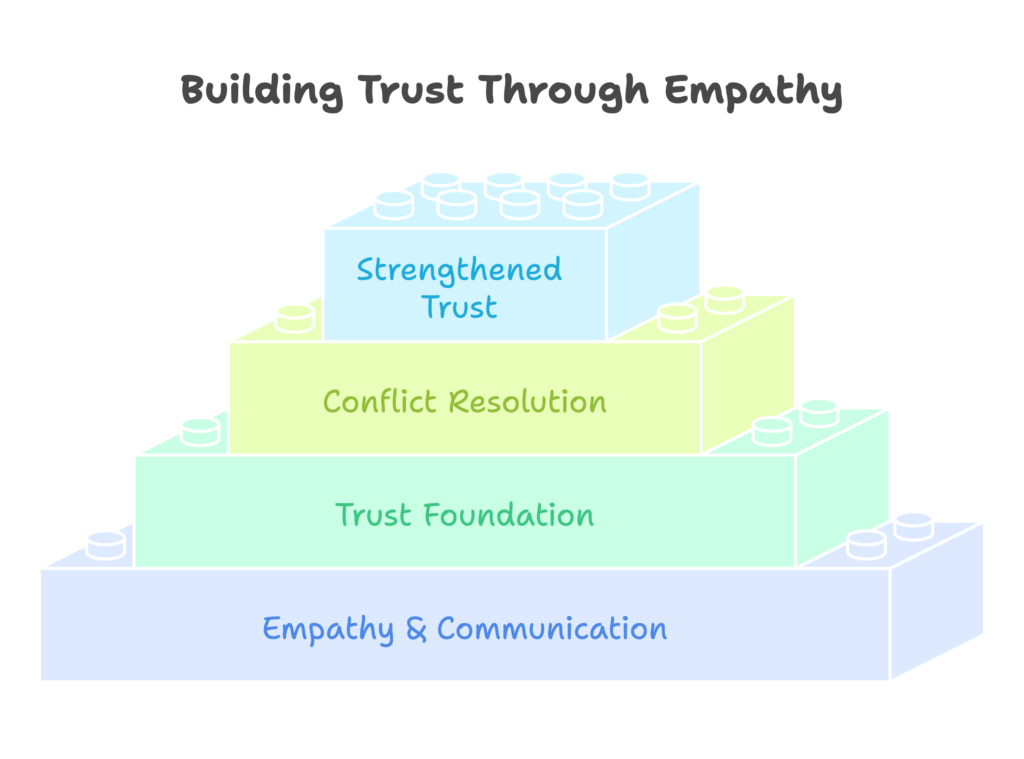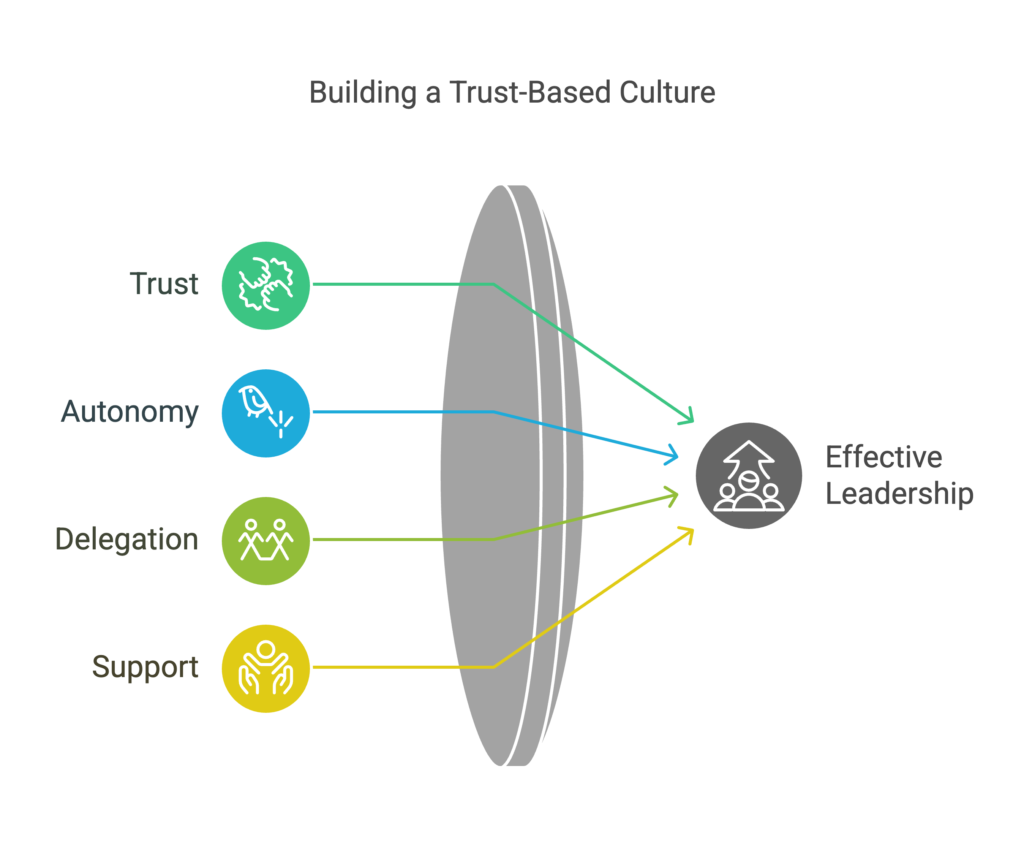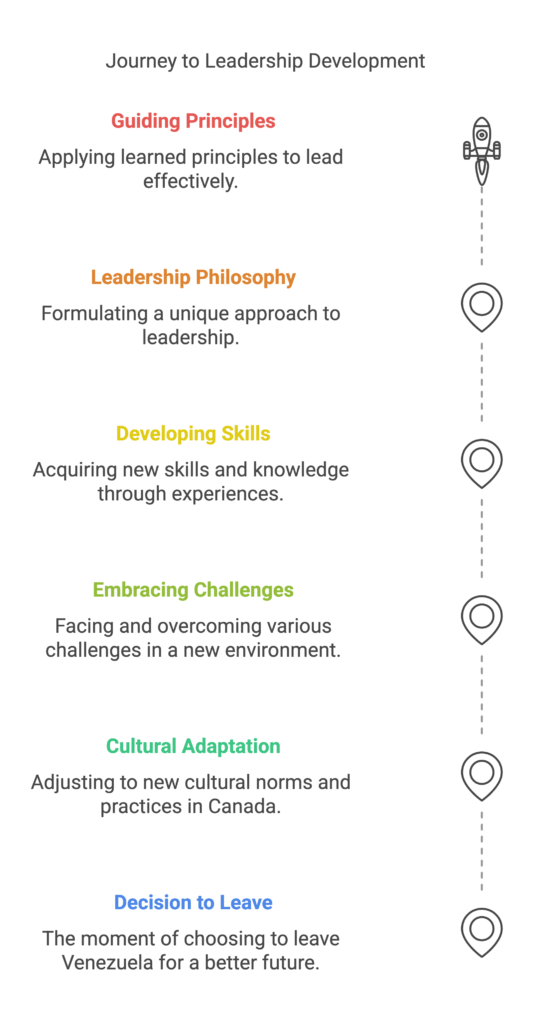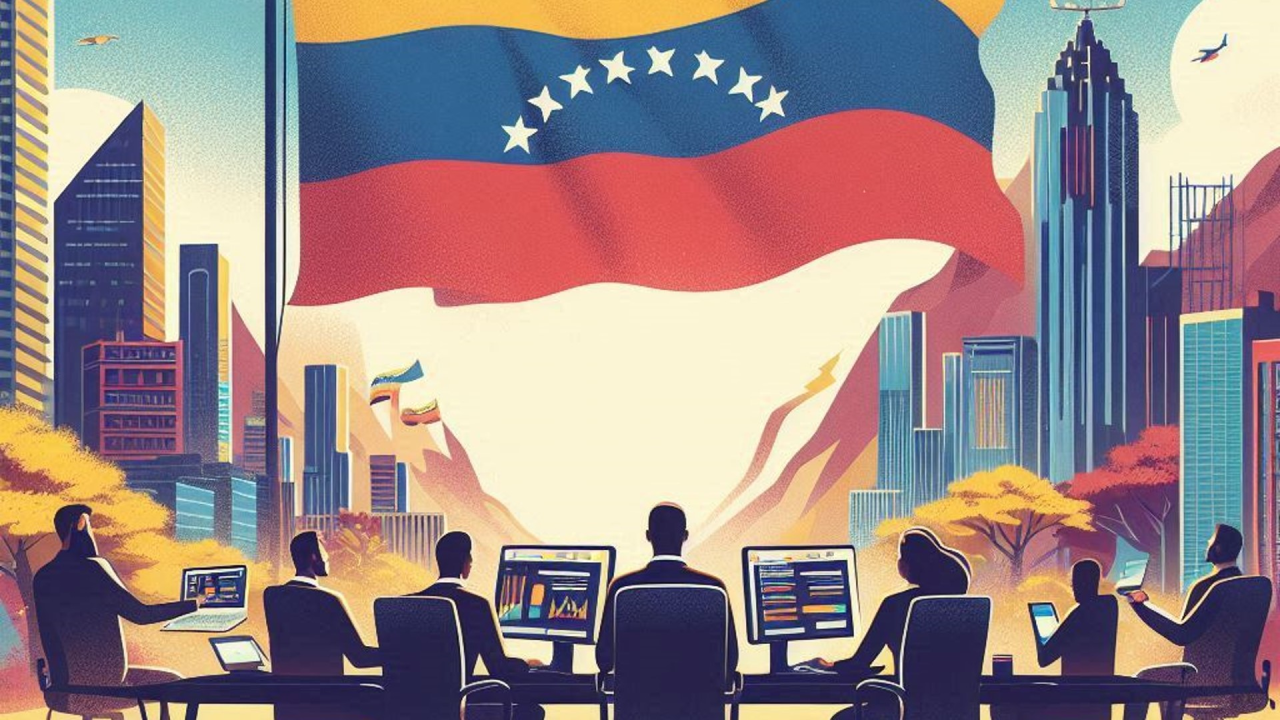In 2008, I made one of the hardest decisions of my life. I left my home in Venezuela, the place where I grew up, where my family and roots are deeply embedded, and moved to Canada. The political and economic instability back home had made it clear that staying wasn’t an option for growth—for myself or my family. I wanted a better future in a place where justice, opportunity, and fairness were valued.
But leaving wasn’t easy. Leaving my roots, the support of my extended family, and the culture I grew up with was incredibly hard. Still, it was a leap of faith I knew I had to take. That journey not only shaped me as a person but also profoundly influenced the way I lead today as a software engineering manager.
Growing up in Venezuela, I was immersed in a culture of hard work and adaptability. The environment often demanded that people step beyond their defined roles to get things done. You wore multiple hats—whether you wanted to or not. While this could feel overwhelming at times, it also gave me a unique ability to approach challenges from multiple angles. I learned to solve problems creatively, think on my feet, and take ownership of outcomes. These experiences built the foundation of my leadership philosophy.
Today, as a manager, my leadership is guided by several key principles, many of which trace back to my roots. Here’s how my background as a Latin immigrant shapes the way I lead:
1. Commitment and Responsibility

From a young age, I believed in showing up—not just physically, but mentally and emotionally. Whether it was studying at Nueva Esparta University (where I graduated in 2004) or working while still in school, I always approached challenges with dedication and responsibility.
This value became even more important as I transitioned into leadership. I believe in being part of the solution, not the problem. That means leading by example, showing commitment to my team, and fostering a culture where ownership is celebrated. I encourage my team to take responsibility for their work, to approach problems head-on, and to never shy away from challenges. For me, leadership is about creating an environment where people feel empowered to solve problems, not paralyzed by them.
2. Empathy and Communication

Moving to Canada taught me a lot about the power of empathy and communication. As an immigrant, you learn to navigate unfamiliar environments, connect with people from diverse cultures, and build relationships from scratch. Those lessons have been invaluable in my leadership journey.
I’ve always believed that trust is the cornerstone of great teams, and that trust begins with open, honest communication. When conflict arises—and it always does—I lean on patience and tolerance to navigate the situation. My approach is to create a space where everyone feels heard, where discussions are productive rather than confrontational. For example, during a particularly tough project, I made it a point to sit down with each team member individually to understand their concerns. That effort not only resolved the issues but also strengthened the trust within the team.
3. Optimism and Opportunity

Growing up in Venezuela, there was no shortage of challenges, but I was raised to focus on what could be done rather than what couldn’t. That optimism has stayed with me and is a cornerstone of how I approach leadership.
I firmly believe in looking at the glass half full—even when things go sideways. Optimism isn’t about ignoring problems; it’s about tackling them with a sense of purpose and hope. There’s always an opportunity to learn, grow, or improve, no matter how tough the situation. For instance, during a particularly challenging sprint where deadlines seemed impossible, I focused the team on small wins—celebrating incremental progress to keep morale high. That mindset helped us stay motivated and ultimately deliver on time.
4. Trust and Autonomy

One of the most important lessons I’ve learned as a leader is the value of trust. In Venezuela, I saw firsthand how people thrived when they were given the freedom to explore their capabilities. When you trust your team to own their work, they often exceed expectations.
I am not a micromanager. I believe my job as a manager is to guide and support, not to hover or dictate. Delegation is about more than assigning tasks—it’s about giving people the space to grow and the confidence to make decisions. I’ve seen this play out time and again: when you give your team autonomy, you not only get better results, but you also build a culture of accountability and trust.
The Bigger Picture

These principles—commitment, empathy, optimism, and trust—aren’t just professional values. They are deeply personal, rooted in my upbringing, my culture, and my experiences as an immigrant. They’ve shaped how I lead teams, approach challenges, and connect with people.
At the end of the day, leadership is about people. It’s about understanding their strengths, empowering them to grow, and fostering an environment where they feel valued and supported. For me, being a Latin immigrant isn’t just a part of my identity—it’s a source of strength and perspective that I carry into every decision I make as a leader.
Your Turn
We all lead in unique ways, shaped by our experiences and values. For me, it’s my Latin roots and the lessons I’ve learned along the way. What about you? What values or experiences have shaped your leadership style? I’d love to hear your thoughts.

